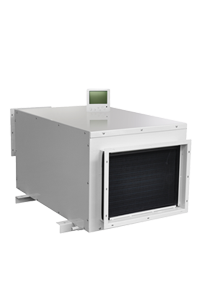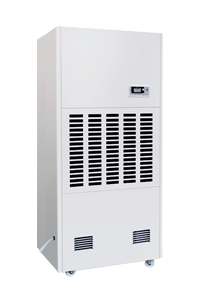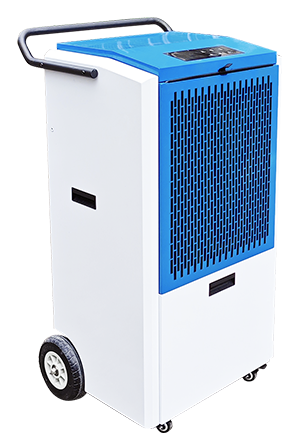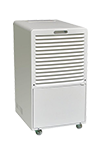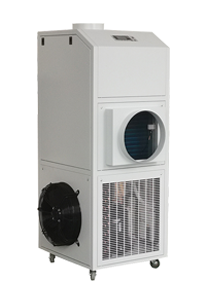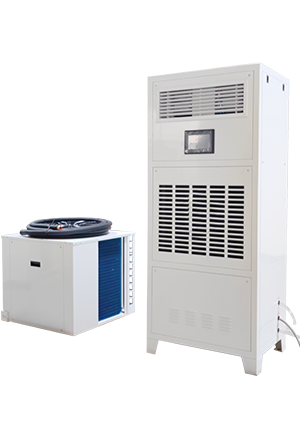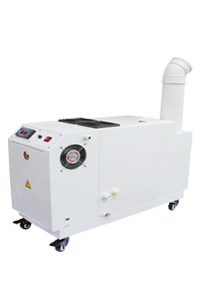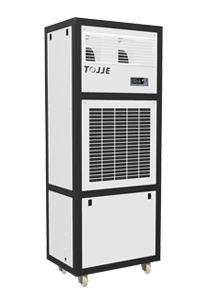News
Ultrasonic industrial humidifiers are highly efficient and versatile devices used in a variety of commercial and residential settings to maintain optimal humidity levels. Here's an overview of their features, benefits, and applications:
Features of Ultrasonic Industrial Humidifiers
-
Technology:
- Ultrasonic Vibration: Uses high-frequency ultrasonic vibrations to produce a fine mist of water droplets, which is then released into the air to increase humidity levels.
- Energy Efficient: Consumes less energy compared to traditional humidifiers, making them cost-effective for large-scale use.
-
Capacity:
- Large Water Tanks: Equipped with large-capacity water tanks or connected to a continuous water supply for extended operation.
- High Output: Capable of producing a significant amount of mist, suitable for humidifying large spaces.
-
Control Systems:
- Automatic Humidity Control: Features built-in hygrometers and humidistats to automatically adjust humidity levels to desired settings.
- Remote Monitoring: Some models offer remote control and monitoring through apps or control panels.
-
Design:
- Compact and Portable: Despite their capacity, many industrial models are designed to be compact and portable, allowing for easy installation and relocation.
- Durable Construction: Made from robust materials to withstand industrial environments.
-
Noise Level:
- Quiet Operation: Ultrasonic technology is inherently quiet, making these humidifiers suitable for environments where noise levels need to be minimized.
Benefits of Ultrasonic Industrial Humidifiers
- Improved Air Quality: Enhances air quality by maintaining optimal humidity levels, which can improve comfort and health.
- Preservation of Materials: Helps in preserving materials sensitive to dry conditions, such as wood, textiles, and paper products.
- Static Electricity Reduction: Reduces static electricity in environments like data centers and manufacturing facilities.
- Versatile Applications: Suitable for a wide range of applications, from greenhouses and industrial warehouses to office buildings and whole-house residential systems.
Applications
-
Commercial and Industrial Settings:
- Manufacturing Facilities: Maintains optimal humidity levels to protect machinery and products.
- Data Centers: Reduces static electricity and keeps equipment functioning optimally.
- Greenhouses: Provides consistent humidity for plant health and growth.
-
Residential Use:
- Whole House Systems: Integrated into HVAC systems to provide consistent humidity control throughout a home.
- Large Homes: Suitable for large residential spaces where standalone humidifiers may not be sufficient.
-
Healthcare Facilities:
- Maintains humidity levels for patient comfort and to reduce the spread of airborne pathogens.
-
Museums and Libraries:
- Preserves artifacts, books, and other sensitive materials by maintaining stable humidity levels.
Considerations
- Water Quality: Ultrasonic humidifiers can produce white dust if hard water is used, so it may be necessary to use distilled water or install a demineralization filter.
- Maintenance: Regular cleaning and maintenance are required to prevent mold and bacteria growth in the water reservoir.
- Initial Cost: The initial investment may be higher than other humidifiers, but the efficiency and longevity can offset the cost over time.
Ultrasonic industrial humidifiers are an excellent choice for maintaining optimal humidity levels in various environments. Their efficiency, low noise levels, and ability to cover large areas make them a popular option for both commercial and residential use.

